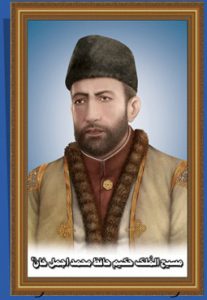AjmalHealth
Hakim Ajmal Khan Dehlavi (1868 – 1927)
Masih-ul-Mulk Hakim Muhammad Ajmal Khan Dehlavi was a political leader, social reformer, expert physician, poet, and famous educationist in the twentieth century. His services cannot go unnoticed in all these spheres of life. Hakim Ajmal Khan was born on February 11, 1868, at Sharif Manzil in Delhi. Before birth, the father dreamed that a throne would descend from heaven and come down to the courtyard. In the morning, he Interpreted that he would have a son and memorize the Holy Quran. As a child, he was known as “Ajan Mian”. Education and training took place in an Eastern style. The Holy Quran was memorized by Hafiz Daim Ali Muradabadi. Hafiz Daim Ali Muradabadi was a student of the same family in Tibb and later became the Imam of a mosque in Muradabad.
He studied Tibb from Hakim Ghulam Raza Khan, who was an expert pulse reader and ethical physician. He also read some of Tibb’s books from his family elders. In 1908, the British Government awarded him the title of “Hazeq-ul-Mulk” in recognition of his medical expertise and services. This title had already been given to two of his family elders before. You are remembered by different names. Initially, the Government of India gave him the title of “Hazeq-ul-Mulk”. On Tark-E-Mawalat he returned this title and after that, the nation gave him the title of “Maseeh-ul-Mulk”. Mahatama Gandhi called him the “Khamosh Devta” and Pandit Jawaharlal Nehru the “Dehli Ka Be-Taj Badshah”.
Lord Hardinge called him the “Magnet of India”, the uneducated people used to call him “Hakim G” while the class of scholars called him “Rais-ul-Ulema”.
He charged rupees thousand for checking patient outside Delhi, but nothing was charged from patients inside Delhi.
A gentleman came for a checkup just to evaluate his eligibility. He described all his history and explained everything. He asked for the treatment and Hakim Abdul Majeed refused and said you came to test me not for the treatment.
Once the plague broke out in Delhi and the government set up camps outside the city to relocate the affected. He stopped the people in town and said that I will treat everyone here.
After that, with the help of his students, he treated people so successfully that the authorities were left staring in his face.
On such services, the government entitled him as “Haziq-ul-Mulk”. He accepted this title on the condition that this title would not be given to anyone other than his family.


